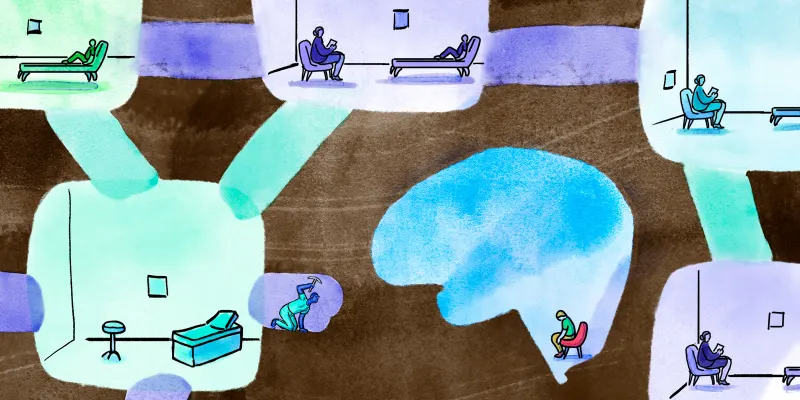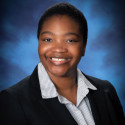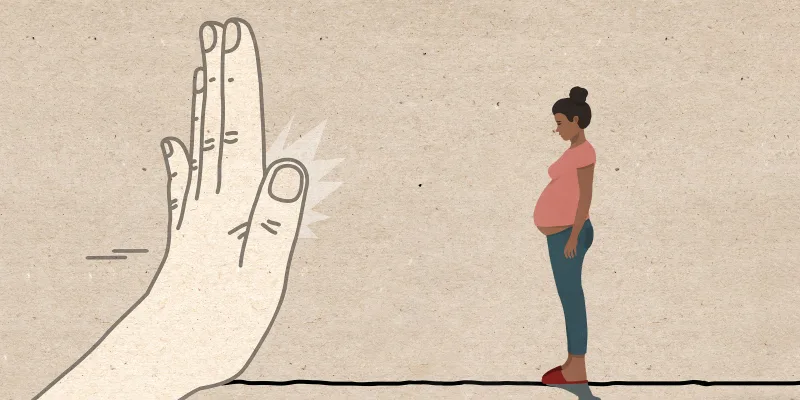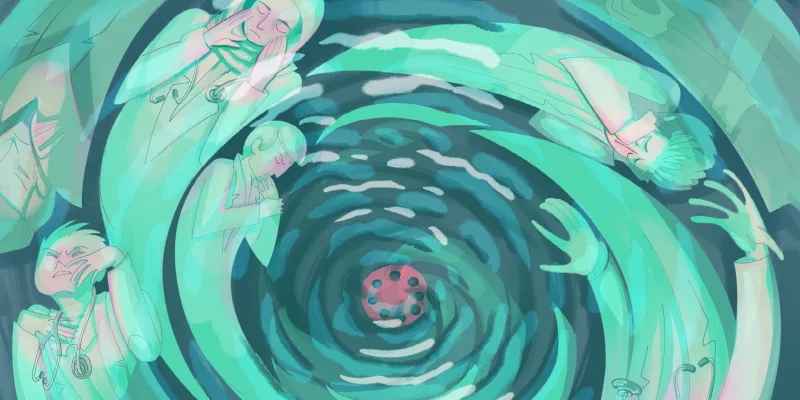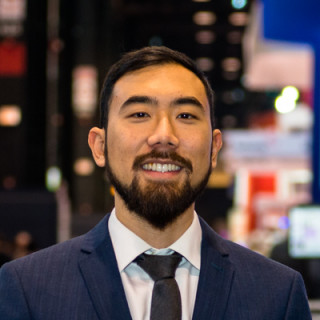More than 14,000 Neurology experts convened in Los Angeles, CA for the 70th American Academy of Neurology’s (AAN) Annual Meeting (April 21–27). This year’s meeting highlighted the innovative research happening in Neurology that has increased intervention time in the treatment of acute stroke and new treatment options aimed at decreasing the burden of neurodegenerative diseases.
While the AAN’s annual meeting is well known to lead in the presentation of top Neurologic science, this year’s meeting also focused on the challenges facing Neurology providers, including burnout and how to best integrate advanced practice providers (APPs) into Neurology teams. These challenges were addressed throughout the meeting via presentations and through recharging and networking with other Neurology clinicians.
By focusing on these themes, attendees of the AAN’s 2018 annual meeting were able to return to their practices energized and equipped with the tools needed to create optimal care teams and reduce the risk of burnout, thereby improving the care patients with complex Neurological issues receive.
Neurology APPs are one of the fastest growing membership categories at the AAN. In 2014, APP members numbered at 228, and to date there are greater than 1,000 APP AAN members. The AAN’s APP members are excited about the educational offerings and focus on the importance of team-based care happening throughout the annual meeting. There were two courses dedicated to the educational needs of Neurology APPs as well as a foundation in Neurology educational track for novice APPs just entering Neurology practice. Additionally, there were presentations that focused on effective APP-physician team models, inpatient and outpatient APP practice models, and optimal utilization of APPs in Neurology practices. Moreover, this year’s meeting also hosted the first ever Consortium of Neurology Advanced Practice Provider section meeting where APPs discussed education, practice, and networking needs.
As a speaker, I focused on APP practice models and utilization, key points including the value of team based care, inclusion of quality measures in the assessment of an APP’s performance, and the need for improved onboarding and training of APPs specializing in Neurology. Neuroscience APP roles are challenging to fill and associated with increased turnover. By providing novice APPs with thorough onboarding and support via physician champions or APP mentors, this turnover rate could be decreased. Additionally, the value of transparency in evaluation metrics was discussed in various presentations. It was pointed out that APPs are interested in how they are being evaluated and want to be engaged in the evaluation process. The use of scorecards and quality measure dashboards could improve APP evaluation as well as transparency between the business and clinical aspects of patient care.
The focus on appropriate utilization of APPs ties into physician burnout as well. One presentation focused on how to build better interprofessional teams by using interprofessional education. Highly reliable Neurology care teams could reduce the risk of physician burnout, as each team would have a clear understanding of their team members’ roles and responsibilities, ensuring physicians and APPs are spending their time directly caring for patients and not working on indirect care tasks. This understanding of interprofessional roles and responsibilities is an important consideration as Neurologists are noted to be less satisfied with the time they spend on clerical work as compared to other physicians. Team based care was a pervasive theme throughout the conference; appropriate utilization of this model could greatly improve patient care as well as potentially reduce the high risk of burnout currently identified in Neurologists.
While the AAN’s annual meeting in L.A. did not disappoint on presenting the best Neurologic science, the focus on improved APP utilization and reduction in Neurologist burnout was particularly timely. As the shortage of Neurologists is projected to increase to 19% by 2025, support of these valuable providers is needed to ensure that patients receive the highest quality Neurological care. The partnership between Neurologists and the growing APP membership that is eager to collaborate could provide the recipe for improved Neurology care teams that could decrease the effect of burnout among Neurologists and improve patient satisfaction. This year, the AAN proved that they are not only committed to cutting edge Neurologic research but also committed to care and support of their members.
By focusing on these themes, conference attendees were able to return to their practices energized and equipped with the tools needed to create optimal care teams and reduce the risk of burnout, thereby improving the care patients with complex Neurological issues receive.
Calli Cook is a nurse practitioner at Emory Brain Health Center in Atlanta, GA. She is interested in the utilization of APPs and the effect APPs have on quality metrics. She can be followed on Twitter @CalliCookNP.


